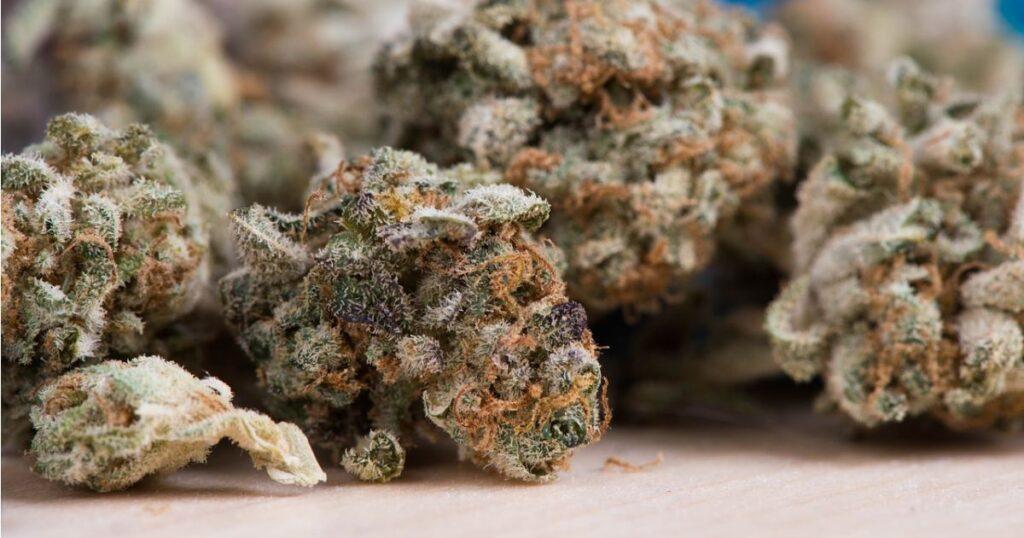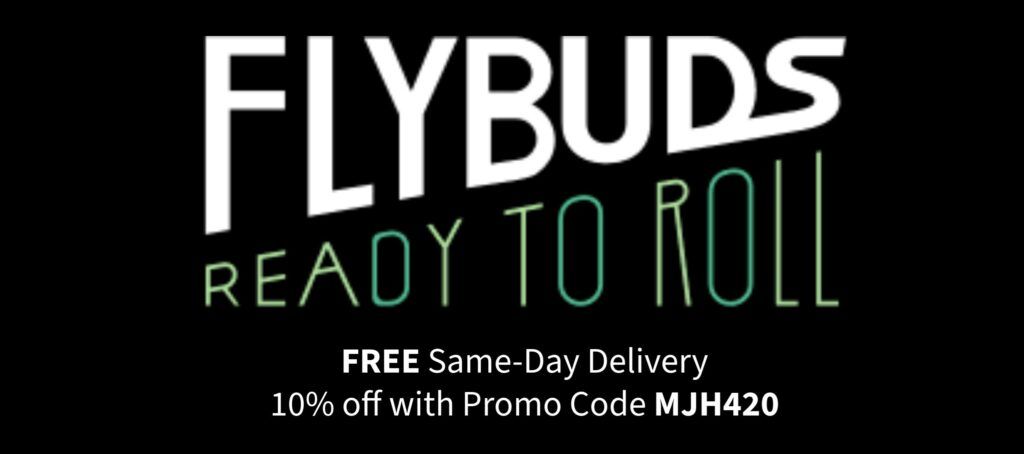Consuming marijuana via inhalation was effective in providing migraine relief, according to a study published online by the National Library of Medicine.

For this randomized, double-blind, placebo-controlled, crossover trial, researchers at the University of California examined 92 patients with persistent migraines. Patients treated up to four separate migraine attacks, “one each with vaporized 1) 6% tetrahydrocannabinol (THC-dominant); 2) 11% cannabidiol (CBD-dominant); 3) 6% THC+11% CBD; and 4) placebo cannabis flower in a randomized order.”
Researchers found that “Vaporized 6% THC+11% CBD cannabis flower was superior to placebo for pain relief, pain freedom, and MBS [most bothersome symptom] freedom at 2 hours as well as 24-hour sustained pain freedom and sustained MBS freedom and 48-hour sustained MBS freedom.”
THC/CBD cannabis was also superior to placebo at relieving migraine-related photophobia (light sensitivity) and phonophobia (sound sensitivity).
No serious adverse events were reported for any of the above options.
Researchers conclude by stating “Acute migraine treatment with 6% THC+11% CBD was superior to placebo at 2 hours post-treatment with sustained benefits at 24 and 48 hours.”
Below is the study’s full abstract:
Background: Preclinical and retrospective studies suggest cannabinoids may be effective in migraine treatment. However, there have been no randomized clinical trials examining the efficacy of cannabinoids for acute migraine. Methods In this randomized, double-blind, placebo-controlled, crossover trial, adults with migraine treated up to 4 separate migraine attacks, 1 each with vaporized 1) 6% tetrahydrocannabinol (THC-dominant); 2) 11% cannabidiol (CBD-dominant); 3) 6% THC+11% CBD; and 4) placebo cannabis flower in a randomized order. Washout period between treated attack was 1 week. The primary endpoint was pain relief and secondary endpoints were pain freedom and most bothersome symptom (MBS) freedom, all assessed at 2 hours post-vaporization.
Results: Ninety-two participants were enrolled and randomized, and 247 migraine attacks were treated. THC+CBD was superior to placebo at achieving pain relief (67.2% vs 46.6%, Odds Ratio [95% Confidence Interval] 2.85 [1.22, 6.65], p=0.016), pain freedom (34.5% vs. 15.5%, 3.30 [1.24, 8.80], p=0.017) and MBS freedom (60.3% vs. 34.5%, 3.32 [1.45, 7.64], p=0.005) at 2 hours, as well as sustained pain freedom at 24 hours and sustained MBS freedom at 24 and 48 hours. THC-dominant was superior to placebo for pain relief (68.9% vs. 46.6%, 3.14 [1.35, 7.30], p=0.008) but not pain freedom or MBS freedom at 2 hours. CBD-dominant was not superior to placebo for pain relief, pain freedom or MBS freedom at 2 hours. There were no serious adverse events.
Conclusions: Acute migraine treatment with 6% THC+11% CBD was superior to placebo at 2 hours post-treatment with sustained benefits at 24 and 48 hours.


